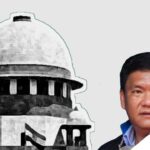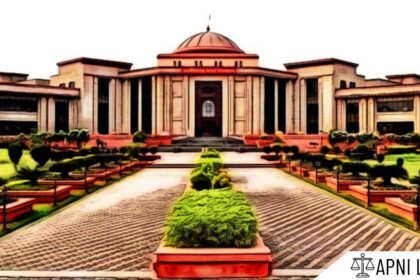Section 243 CrPC: Evidence for Defence
Code:
Section 243. Evidence for defence.—
When, after the examination of the witnesses for the prosecution, the prosecution closes its case, the accused may, in order to prove his defence, produce evidence in his own behalf.
Explanation:
Section 243 of the Code of Criminal Procedure (CrPC) outlines the procedure for the accused person to present evidence in their defense. It states that after the prosecution has presented its evidence and closed its case, the accused has the right to produce evidence to support their defense.
This section ensures that the accused has a fair opportunity to challenge the prosecution’s case and present their own version of events.
Illustration:
Suppose a person is accused of theft. The prosecution presents witnesses who claim to have seen the accused stealing an item. However, the accused claims innocence and states that they were at a different location during the alleged theft.
Under Section 243, the accused would have the right to present evidence, such as witnesses who can testify to their whereabouts at the time of the alleged theft, to support their defense.
Common Questions and Answers:
- Q: When can the accused present evidence?
- A: After the prosecution has presented its evidence and closed its case.
- Q: What kind of evidence can the accused present?
- A: Any evidence that supports their defense, including witnesses, documents, objects, and expert opinions.
- Q: Can the accused refuse to present evidence?
- A: Yes, the accused has the right to remain silent and not present any evidence. However, this can be used against them by the prosecution.
- Q: What happens if the accused fails to present evidence?
- A: The court will consider the evidence presented by the prosecution and decide the case based on the available evidence.









